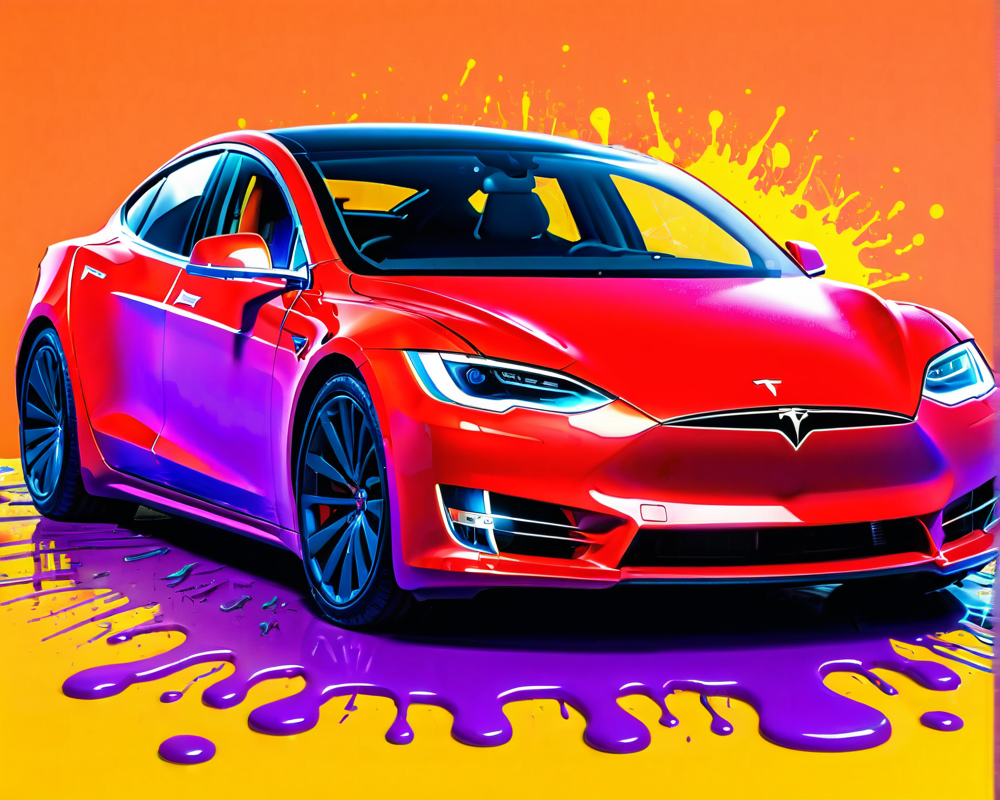Historic Shift in South Korean Crypto Regulation
The Bank of Korea (BOK) is set to make waves as it paves the way for Initial Coin Offerings (ICOs) under the anticipated Digital Assets Framework Act. This comes after years of tight restrictions that began back in 2017 when the country decided to ban domestic ICOs. Turns out, banning something just makes folks find creative ways to work around it!
What’s the Deal with ICOs?
ICOs give blockchain startups a chance to fund their projects by selling tokens to investors, often before they are fully developed. These early bird investments can lead to some wild gains—or knockoffs of the infamous “too-good-to-be-true” schemes. South Korea’s recent legislative approach talks about maintaining a balance—promoting innovation while protecting investors. Trying to play referee in the chaotic game of crypto!
The MiCA Influence
The BOK’s comments on the ICO regulation were triggered by Korean translations of the EU’s Markets in Crypto-Assets (MiCA) legislation. The bank emphasized the importance of user protection and innovation—like a parent trying to find that sweet spot between letting kids stay out late and ensuring they don’t get into trouble.
Key Takeaways from MiCA:
- Protection of users and investors.
- Innovation should not be stifled.
- Clear roles for regulatory authorities like the BOK.
Stablecoins Under Scrutiny
In addition to ICOs, the BOK is also focusing heavily on stablecoins because, let’s face it, nobody wants another Terra incident. Remember that fiasco? The collapse left many scratching their heads and worrying about their investments. As conversations surrounding user experiences from the Luna-Terra incident unfold, the call for MiCA-level regulations for stablecoins has intensified.
Moving Towards the Future
With the upcoming Digital Assets Framework Act, the South Korean landscape for cryptocurrency is rapidly changing. The BOK is advocating for within-regulation frameworks that will establish the rules of the road: less potholes for investors and startups alike. Plus, let’s not forget the political scene! President Yoon Suk-yeol’s approach to crypto deregulation led to traction during his campaign, suggesting a pro-crypto drag race in the parliamentary circuit.
Final Thoughts
It seems like South Korea is on the cusp of embracing a new era of crypto regulation. While some may say, “about time,” others are just glad that the government is finally considering a middle ground in the wild world of cryptocurrency. Here’s hoping they steer the ship in the right direction—without capsizing!



